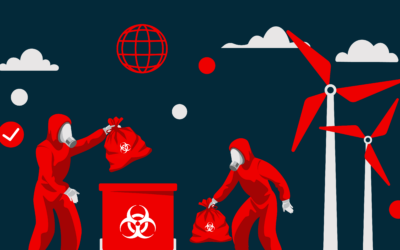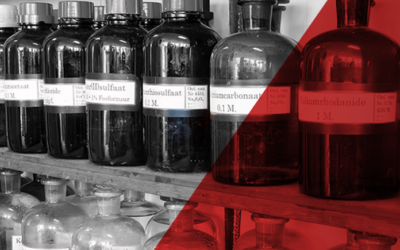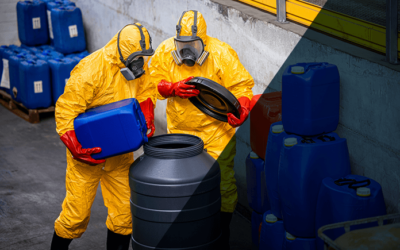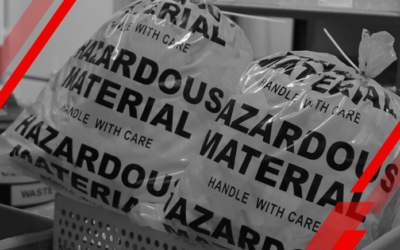A school hazardous waste management plan is a critical step that helps schools and universities maintain hazardous waste compliance and avoid fines.
Service Request
Have waste that requires compliant handling or disposal? Fill out our service form and an MCF Environmental Representative will get back to you quickly with next steps!
Please note we do not provide disposal services for household waste


















